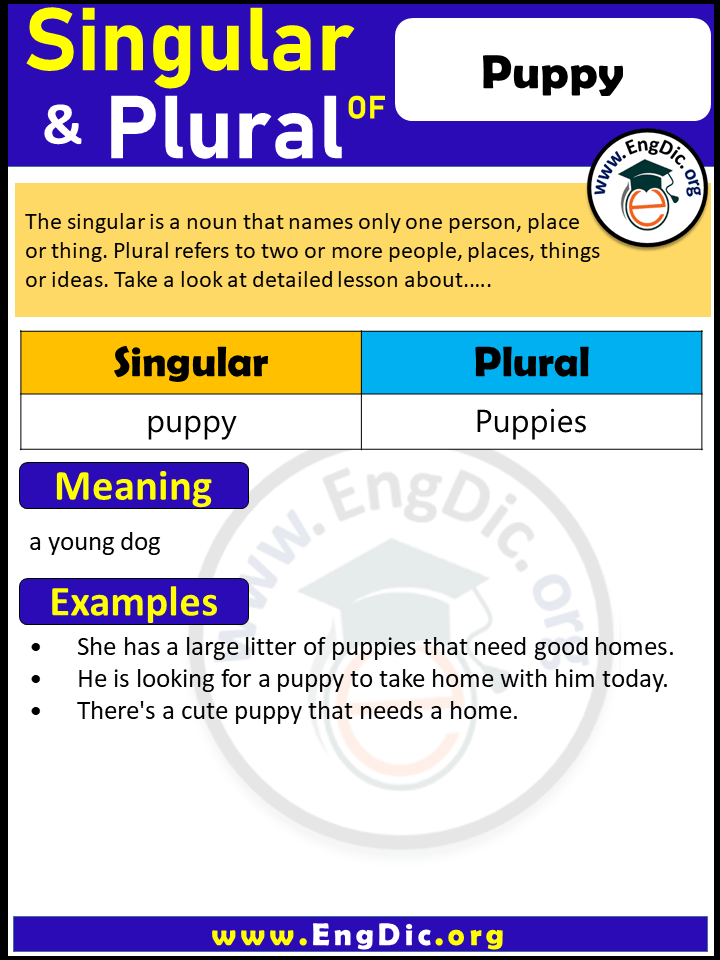Meaning: confused, perplexed
Singular and Plural of Puzzle
| Singular | Plural |
| puzzle | Puzzles |
Puzzle as a Singular Noun in Example Sentences:
- The missing piece completed the jigsaw puzzle.
- She spent hours trying to solve the crossword puzzle.
- The detective studied the evidence to solve the murder puzzle.
- The child concentrated on fitting the shapes into the puzzle.
- The intricate design of the mechanical puzzle challenged him.
- The professor enjoyed solving challenging mathematical puzzles.
- The mystery novel had a complex puzzle at its core.
- The team worked together to unravel the difficult puzzle.
- The artist painted a beautiful picture on the jigsaw puzzle.
- The puzzle required logical thinking and problem-solving skills.
Puzzle as a Plural Noun in Example Sentences:
- The children scattered the jigsaw puzzles across the table.
- She enjoyed solving various brain-teaser puzzles.
- They attempted to tackle the challenging Sudoku puzzles.
- The magazine published a collection of crossword puzzles.
- The room was filled with the sound of people working on different puzzles.
- The bookstore had a wide selection of puzzles for all ages.
- The friends gathered for a night of board games and puzzles.
- They organized a competition to see who could solve the most Rubik’s Cube puzzles.
- The company released a new line of challenging logic puzzles.
- The newspaper included a page of daily word puzzles.
Singular Possessive of Puzzle
The singular possessive form of “Puzzle” is “Puzzle’s”.
Examples of Singular Possessive Form of Puzzle:
- I found the puzzle’s missing piece under the sofa.
- The puzzle’s intricate design fascinated me.
- Can I borrow the puzzle’s box for storage?
- The puzzle’s difficulty level challenged even the experts.
- She admired the puzzle’s colorful illustrations.
- The solution to the puzzle’s riddle eluded me.
- The children enjoyed completing the puzzle’s last section.
- We celebrated finishing the puzzle’s final clue.
- The puzzle’s complexity required careful analysis.
- The beauty of the puzzle’s image captivated everyone.
Plural Possessive of Puzzle
The plural possessive form of “Puzzle” is “Puzzles'”.
Examples of Plural Possessive Form of Puzzle:
- The puzzles’ pieces were scattered across the table.
- Can you hand me the puzzles’ instruction sheets?
- The children proudly displayed their completed puzzles’ pictures.
- The difficulty levels of the puzzles’ varied greatly.
- We organized the puzzles’ boxes by their themes.
- The store showcased a wide selection of puzzles’ designs.
- The puzzles’ solutions were hidden in a separate booklet.
- The shopkeeper recommended the puzzles’ advanced versions for experienced players.
- We couldn’t resist buying a few of the puzzles’ limited editions.
- The family’s collection of puzzles’ impressed everyone who visited.






